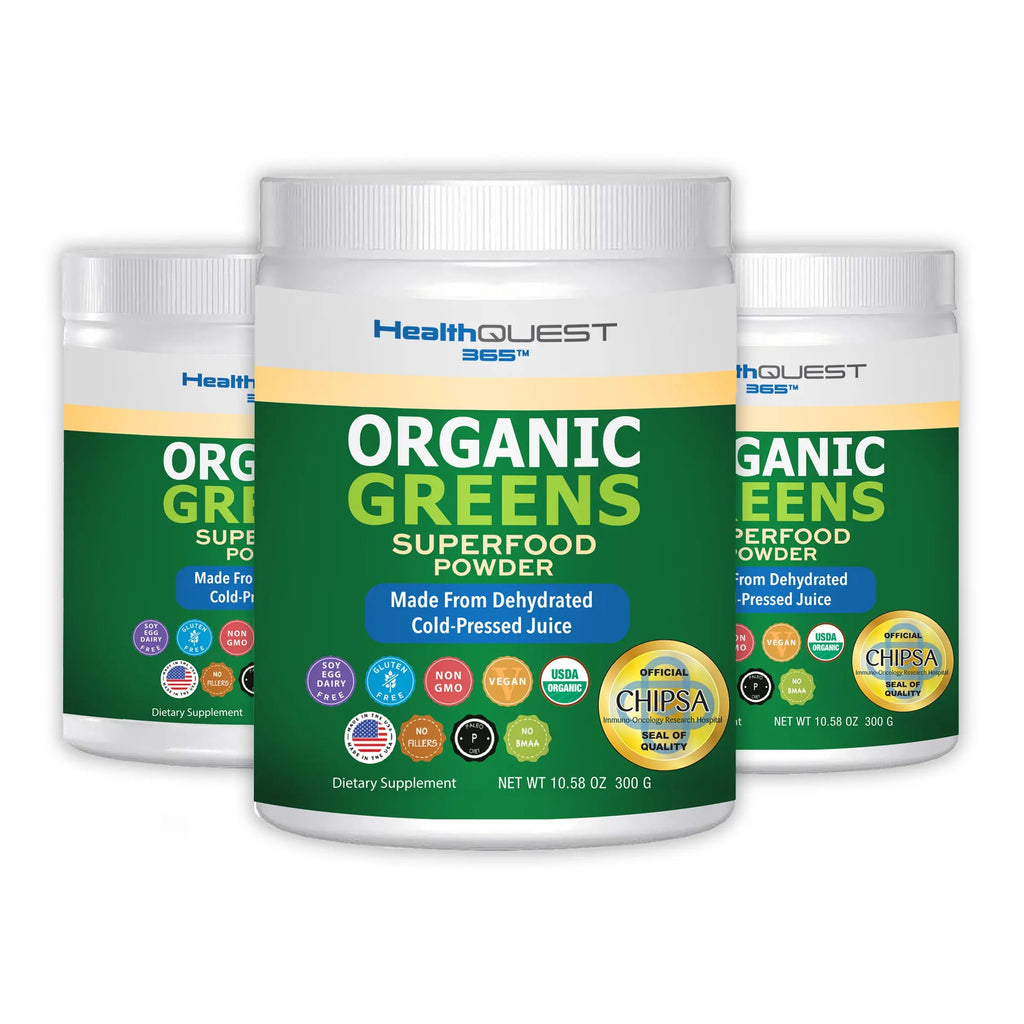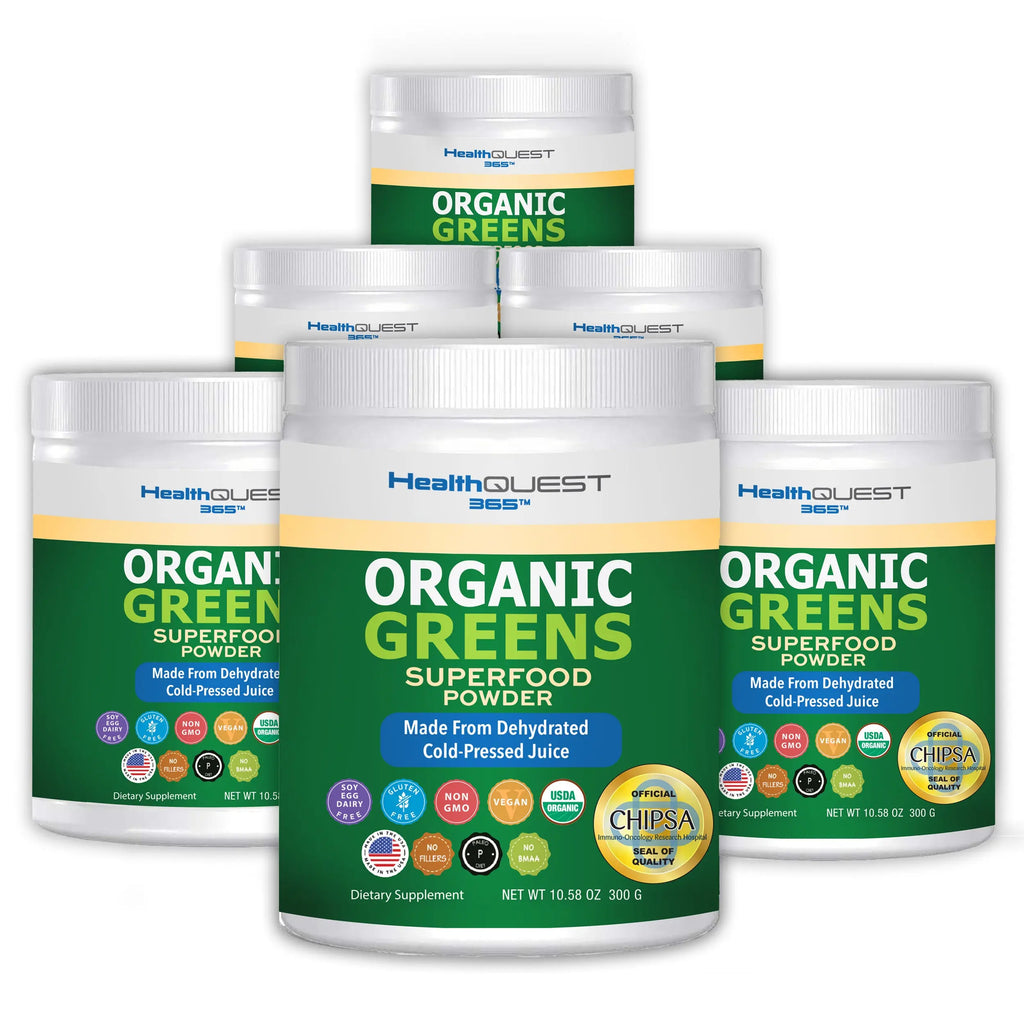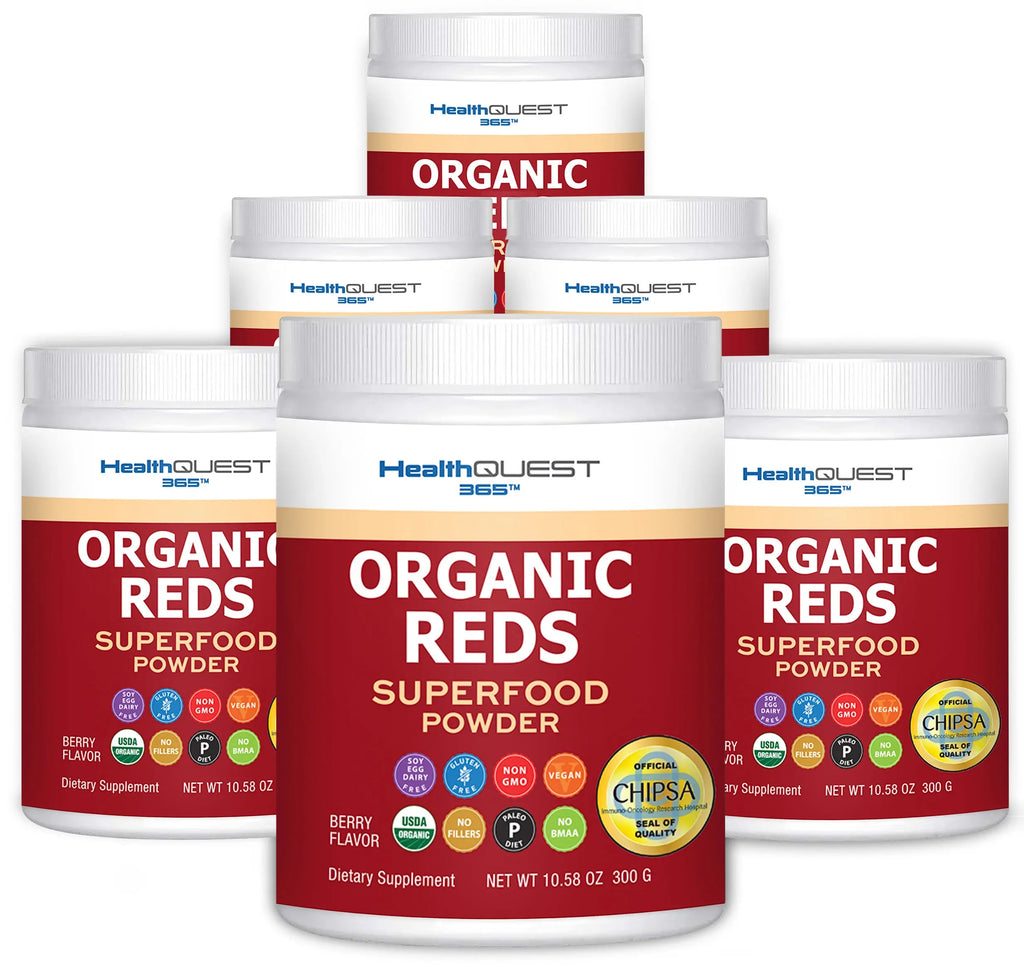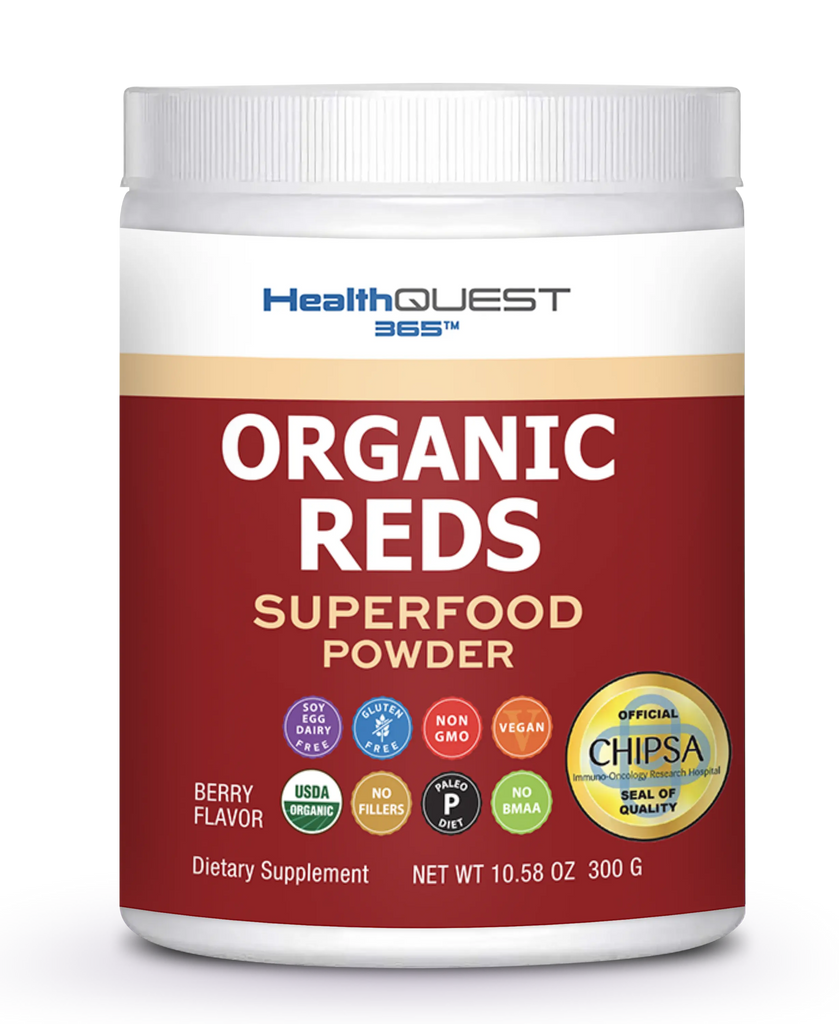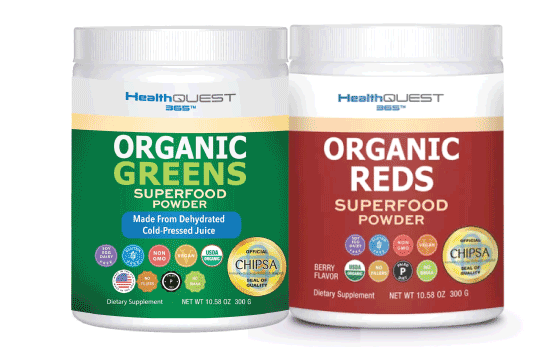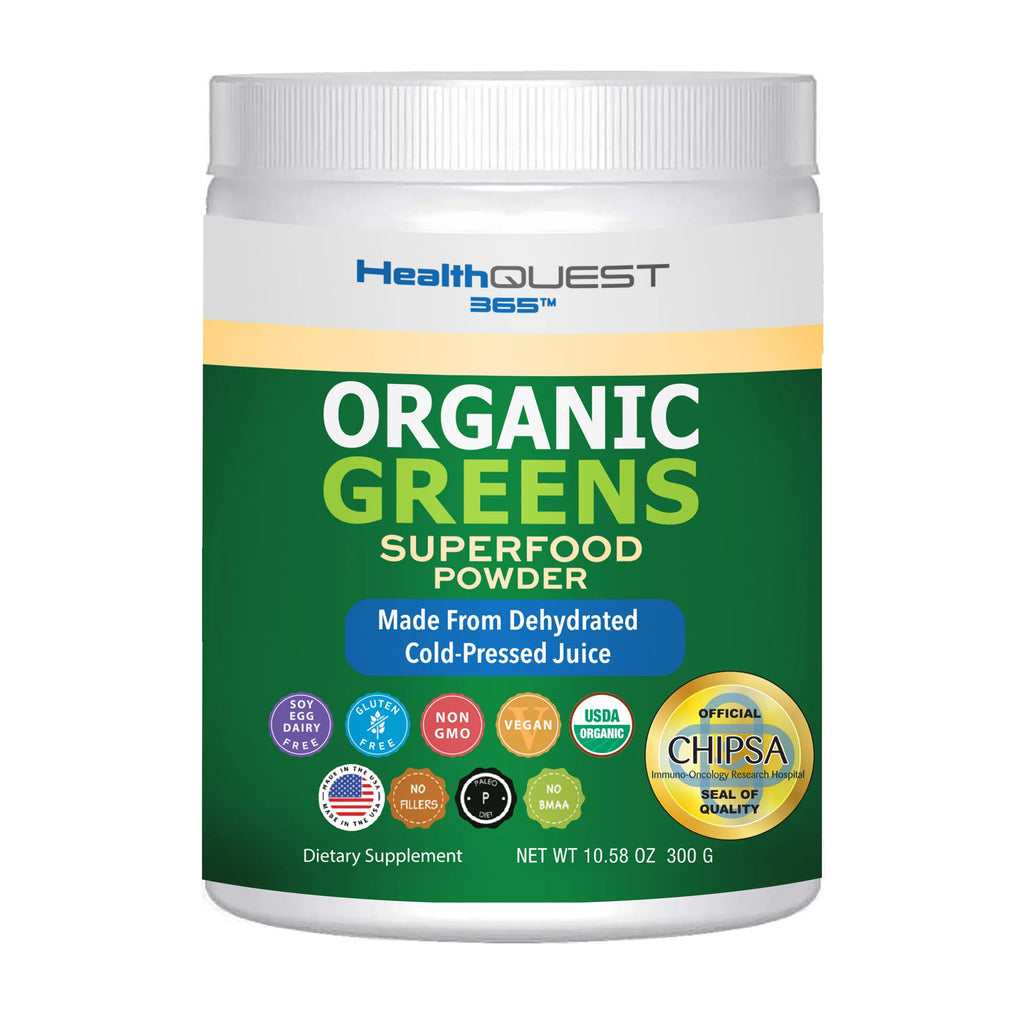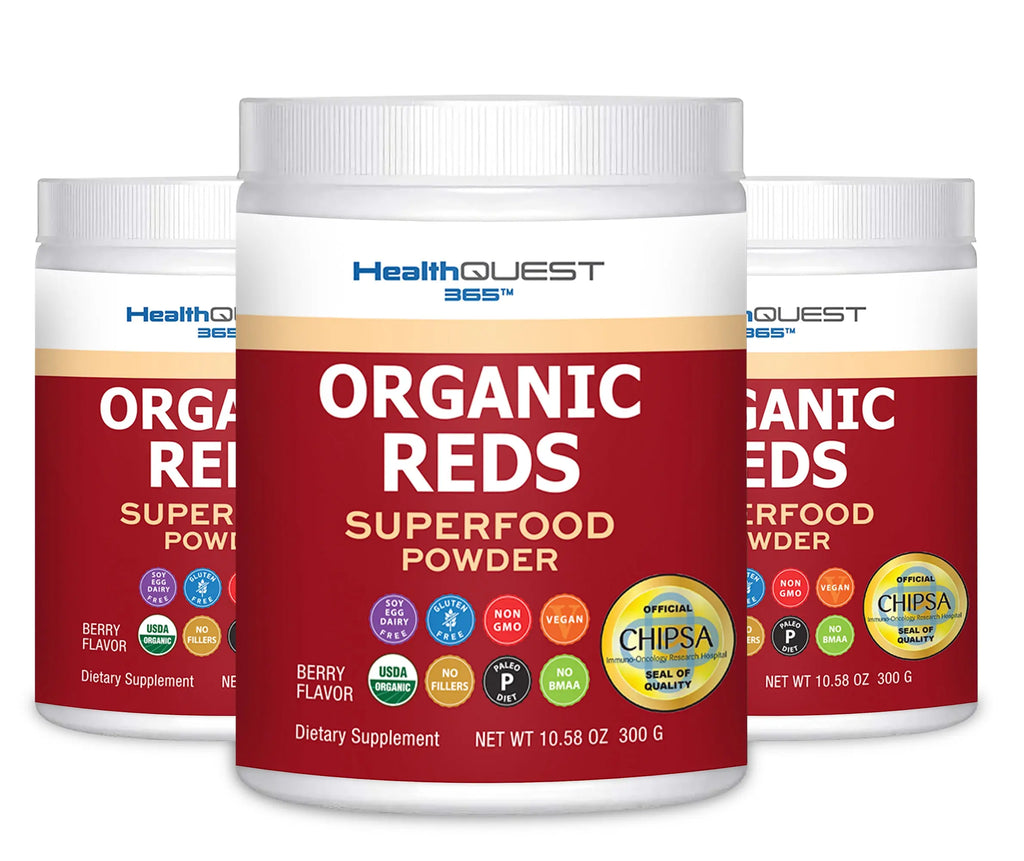It’s about health. It’s about healthy lifestyle. It’s about family™

A Heart-Healthy Diet: The Best Foods to Avoid Heart Attack
Welcome to the heart of the matter—literally. In a world where our meals often dictate our health, understanding the intricate dance between diet and heart health is more important than ever. Picture your heart, that tireless engine in your chest, beating to the rhythm of life. Now imagine the foods you eat either fueling this engine efficiently or clogging its gears. Scary, isn’t it?
This article isn't just a list of dos and don'ts; it's a roadmap to navigate the bustling highways of nutrition, steering clear of the pitfalls that lead to heart attacks. Whether you're a seasoned health enthusiast or just starting to consider your heart in your dietary choices, this guide promises insights that resonate with everyone.
Let's dive in and explore how the right food choices can be your heart's best friend, keeping it beating strong and healthy!

THE ROLE OF DIET IN HEART HEALTH
The connection between diet and heart disease is profound and undeniable. What we eat lays the foundation for either a strong, healthy heart or a vulnerable one. It's like building a house: the quality of the materials you use determines the strength and longevity of the structure. In the same way, every food choice contributes to the construction of your heart's health.
A diet high in bad fats like saturated fat, salt, and sugar acts like corrosive material, slowly damaging your heart's walls and arteries. Coronary heart disease is just one very real example. On the flip side, a balanced diet, rich in nutrients, acts as a protective shield, safeguarding your heart against diseases and ensuring its smooth, rhythmic functioning.
It's not just about dodging the bad stuff; it's about actively choosing foods that nourish and fortify your heart. Let's dive deeper into what these beneficial foods are and how they can revolutionize your heart health.
HEALTHY DIETARY CHOICES
The food you eat directly impacts your heart health. Certain foods increase your heart disease risk and high blood pressure, while others can protect your heart. Here, we'll look at the healthy foods you can load up on:
LOAD UP ON FRUITS AND VEGETABLES
Think of fruits and vegetables as nature's multivitamins packed with antioxidants, vitamins, and minerals. They're like natural medicines for your heart, reducing inflammation and keeping blood vessels healthy.

WHOLE GRAINS ARE WHOLE GOODNESS
Swapping refined grains for whole grains is a game-changer. Whole grains maintain healthy blood pressure and cholesterol levels, thanks to their high fiber content. They’re like the steady, reliable friends your heart needs.
LEAN PROTEINS: YOUR HEART’S MUSCLE BUILDER
Lean meats, legumes, and fish are like the building blocks for a strong heart. They provide essential nutrients without the unhealthy fats that can clog arteries.
HEART-HEALTHY FATS
Not all fats are foes. Monounsaturated and polyunsaturated fats, found in olive oil, avocados, and nuts, are your heart's allies. They help manage cholesterol levels and reduce the risk of heart disease.
STAY HYDRATED, STAY HEALTHY
Water is the unsung hero of heart health. It helps maintain blood volume and pressure, ensuring your heart doesn't overwork. But remember, water is the solution, so you might want to not drink alcohol or sweetened juices.

THE BENEFITS OF A HEART-HEALTHY DIET
Embarking on a heart-healthy diet is like setting sail on a voyage towards improved overall well-being. The benefits of healthy eating extend far beyond the realms of mere cardiovascular health, touching various aspects of your physical and mental wellness.
REDUCED RISK OF CARDIOVASCULAR DISEASE
The most direct and significant benefit is the reduction in the risk of heart diseases, such as coronary artery disease. Foods rich in healthy fats, fiber, and antioxidants work together to lower blood pressure, reduce cholesterol levels, and keep your arteries clear.
This is akin to keeping the roads to your heart free from blockages, ensuring a smooth and uninterrupted journey for blood and nutrients. So, eat well for cardiovascular disease prevention.
IMPROVED BLOOD SUGAR CONTROL
A heart-healthy diet is typically low in refined sugars and high in fiber, which helps in stabilizing blood sugar levels. This is especially beneficial for individuals with diabetes or those at risk. Stable blood sugar levels mean a more consistent energy supply and less strain on your heart.
WEIGHT MANAGEMENT
By focusing on nutrient-dense, whole foods and avoiding processed, high-calorie items, a heart-healthy diet naturally aligns with strategies for weight management. Maintaining a healthy weight is crucial for heart health, as excess weight can put additional stress on your heart.

Give You ALL Our Best Workbooks
Get all the Best Workbooks + Action Guides from our expert
ENHANCED MENTAL HEALTH
There's an often-overlooked link between diet and mental health. Foods that are good for your heart are also beneficial for your brain. Omega-3 fatty acids, for instance, are known to reduce the risk of depression and cognitive decline.
INCREASED ENERGY AND VITALITY
A diet that's good for the heart is also fuel for your overall energy levels. Whole grains, lean proteins, and a plethora of fruits and vegetables provide a steady supply of energy, keeping you active and invigorated throughout the day.

LONGEVITY
Ultimately, a heart-healthy diet contributes to a longer life. By reducing the risk of heart disease and other chronic conditions, such a diet helps you not just live longer, but also enjoy a better quality of life.

FREE "Mystery Gift"?
Let me stay in touch with you via email and as a thank you - get this FREE gift.. Something others paid over $1,000 for.
(True story)

WEIGHT MANAGEMENT
Maintaining a healthy weight is crucial for heart health, as excess weight can put additional stress on your heart

REGULAR HEALTH CHECK-UPS
Keeping up with regular medical appointments is key. These visits allow for monitoring the progression of CHF and adjusting treatment plans as needed.
TO WRAP UP
As we wrap up this heart-healthy journey, remember that the road to a robust heart isn't just about avoiding certain foods; it's about embracing a lifestyle that cherishes and nurtures your heart. The choices you make at the dinner table echo in the chambers of your heart, either as harmonious beats of health or as warning bells of distress.
Remember, the power to shape your heart’s destiny lies at the end of your fork! So, as you move forward, let your plate be a palette of heart-loving choices, painting a future rich in health and happiness. Here's to a heart that beats strong, a life lived longer, and meals that bring more than just flavor, but a promise of a healthier tomorrow !
FREQUENTLY ASKED QUESTIONS
A simple step would be to evaluate your current lifestyle and health, identify areas of improvement, and gradually incorporate healthier habits.
Absolutely! Physical exercises such as jogging, brisk walking, or bodyweight exercises can be done without a gym.
A positive attitude is vital in healthy living as it reduces stress and encourages persistence in maintaining healthier habits.
A supportive environment can be built by including people who have similar health goals or by seeking the support of friends, family, or online health and wellness communities.
Regular check-ups help in detecting any potential health issues early and managing them effectively. They keep you updated about your overall health.

